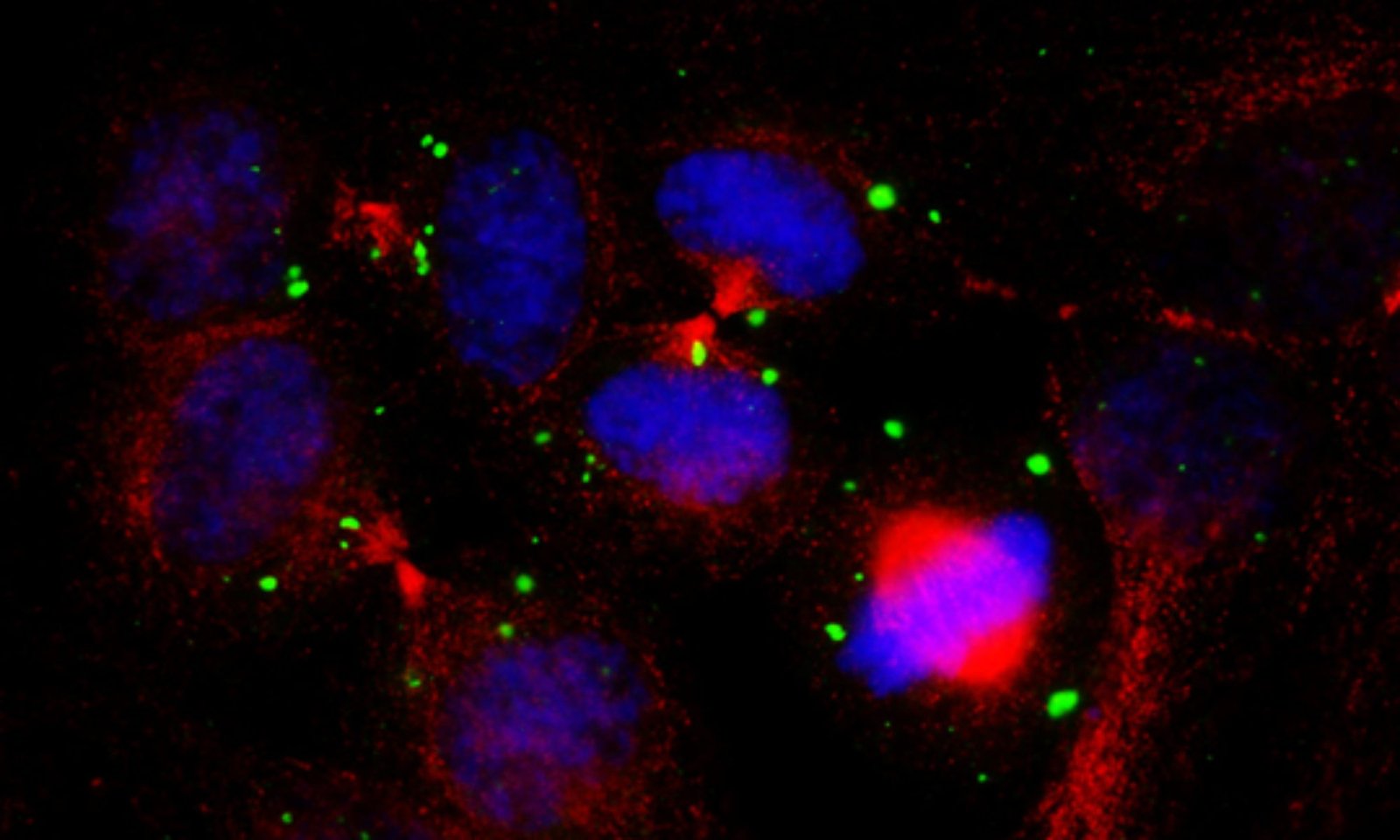Abstract
Intermittent fasting (IF) refers to various dietary regimens that cycle between a period of non-fasting and a period of total fasting. This study aimed to determine the effects of IF on cognitive function among elderly individuals who practice IF who have mild cognitive impairment (MCI). A total of 99 elderly subjects with MCI of Malay ethnicity without any terminal illness were recruited from a larger cohort study, LRGS TUA. The subjects were divided into three groups, comprising those who were regularly practicing IF (r-IF), irregularly practicing IF (i-IF), and non-fasters (n-IF). Upon 36 months of follow-up, more MCI subjects in the r-IF group reverted to successful aging with no cognitive impairment and diseases (24.3%) compared to those in i-IF (14.2%) and n-IF groups (3.7%). The r-IF group’s subjects exhibited significant increment in superoxide dismutase (SOD) activity and reduction in body weight, levels of insulin, fasting blood glucose, malondialdehyde (MDA), C-reactive protein (CRP), and DNA damage. Moreover, metabolomics analysis showed that IF may modulate cognitive function via various metabolite pathways, including the synthesis and degradation of ketone bodies, butanoate metabolism, pyruvate metabolism, and glycolysis and gluconeogenesis pathways. Overall, the MCI-afflicted older adults who practiced IF regularly had better cognitive scores and reverted to better cognitive function at 36 months follow-up.
Intermittent Fasting Enhanced the Cognitive Function in Older Adults with Mild Cognitive Impairment by Inducing Biochemical and Metabolic changes: A 3-Year Progressive Study https://t.co/8dZzipqqgY #IntermittentFasting
— INPST (@_INPST) September 7, 2020
Other social media channels: https://t.co/WO0pc6I3Q9 pic.twitter.com/acww0VD9th
Keywords: DNA damage; intermittent fasting; metabolomics; mild cognitive impairment; oxidative stress; inflammation; older adults; metabolic changes; cognitive function; ketone bodies, butanoate metabolism; pyruvate metabolism; glycolysis; gluconeogenesis; malondialdehyde (MDA); C-reactive protein (CRP); superoxide dismutase (SOD); #CognitiveFunction; #IntermittentFasting; #Fasting.
Why publish with Current Research in Biotechnology? Quality. Speed. Visibility. https://t.co/xj0ri5DgNI #CRBIOTECH #INPST pic.twitter.com/jcIVOavjjf
— Atanas G. Atanasov (@_atanas_) June 26, 2019
The International Natural Product Sciences Taskforce (INPST) maintains up-to-date lists with conferences, grants and funding opportunities, jobs and open positions, and journal special issues with relevance for the area of phytochemistry and food chemistry, pharmacology, biotechnology, medicine and pharmacognosy research, and natural product science.
Join for free INPST as a member

























